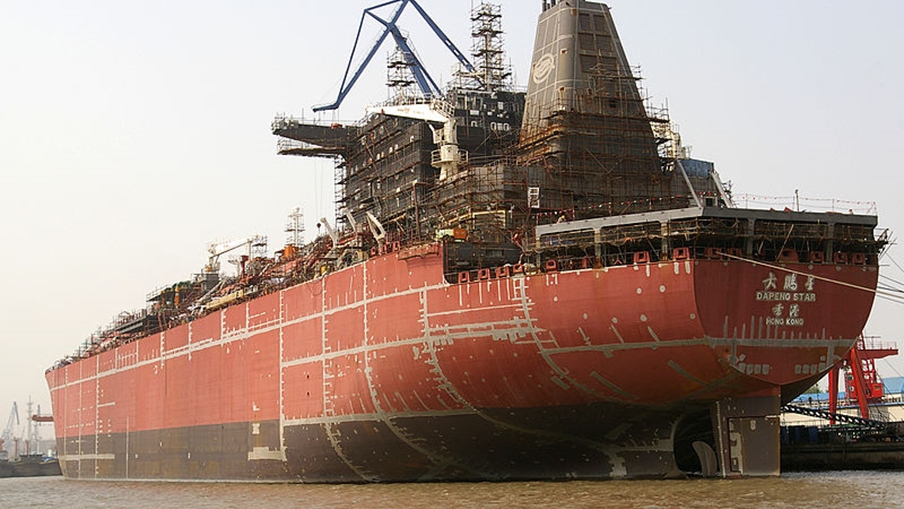Companies sanctioned Wednesday by the U.S. State Department, or their majority-owned subsidiaries, own or operate more than 50 vessels, according to maritime data and corporate records reviewed by Kharon.
Though some of the vessels may have exhibited suspicious patterns, many operate globally, demonstrating the potentially wide-ranging effects of the designations. Chartering companies are already moving to cancel voyages, even if the companies involved weren’t sanctioned, according to a report by Lloyd’s List, a leading maritime journal.
The companies and individuals designated Wednesday had aided in the transport of Iranian crude oil purchased after May 2, the final day Beijing could import Iran’s oil without the risk of sanctions, the State Department said. Two subsidiaries of Chinese shipping giant Cosco Shipping Corporation Ltd. (COSCO) were among those sanctioned, though the designations do not affect the ultimate parent company, according to guidance from the U.S. Treasury Department.
Cosco Shipping Energy Transportation Co. Ltd., the parent company of COSCO Shipping Tanker (Dalian) Co., Ltd., said in a Chinese-language filing with the Hong Kong Stock Exchange that it halted trading of its shares pending a further announcement. Cosco Shipping Energy has a fleet of 120 tankers, including 44 very large crude carriers, according to The Wall Street Journal, which first reported the filing with the stock exchange.
The parties sanctioned Wednesday majority or wholly own a number of companies not named by the U.S., Kharon found. However, assets majority-owned by sanctioned parties are automatically blocked, according to the Treasury’s 50 percent rule. The sanctioned parties and their companies, in turn, own or operate the vessels.
COSCO Shipping Tanker (Dalian) Co., Ltd. majority owns China LNG Shipping (Holdings) Limited, which operates vessels identified by Kharon.
The Dapeng Star, a liquefied natural gas tanker that is operated by China LNG Shipping (Holdings), mainly travels between the Chinese port of Dapeng, and Dampier, Australia, according to maritime data. The Dapeng Star is currently docked in the Port of Dampier, which exports liquefied natural gas. The Min Rong, another vessel operated by China LNG Shipping (Holdings), primarily travels between Xiuyu, China, and Indonesia’s Tangguh liquefied natural gas (LNG) terminal, the data shows.
